Retellings
Retellings are a genre that reimagines and revisits classic stories, myths, or fairy tales with modern twists, diverse perspectives, and creative reinterpretations.
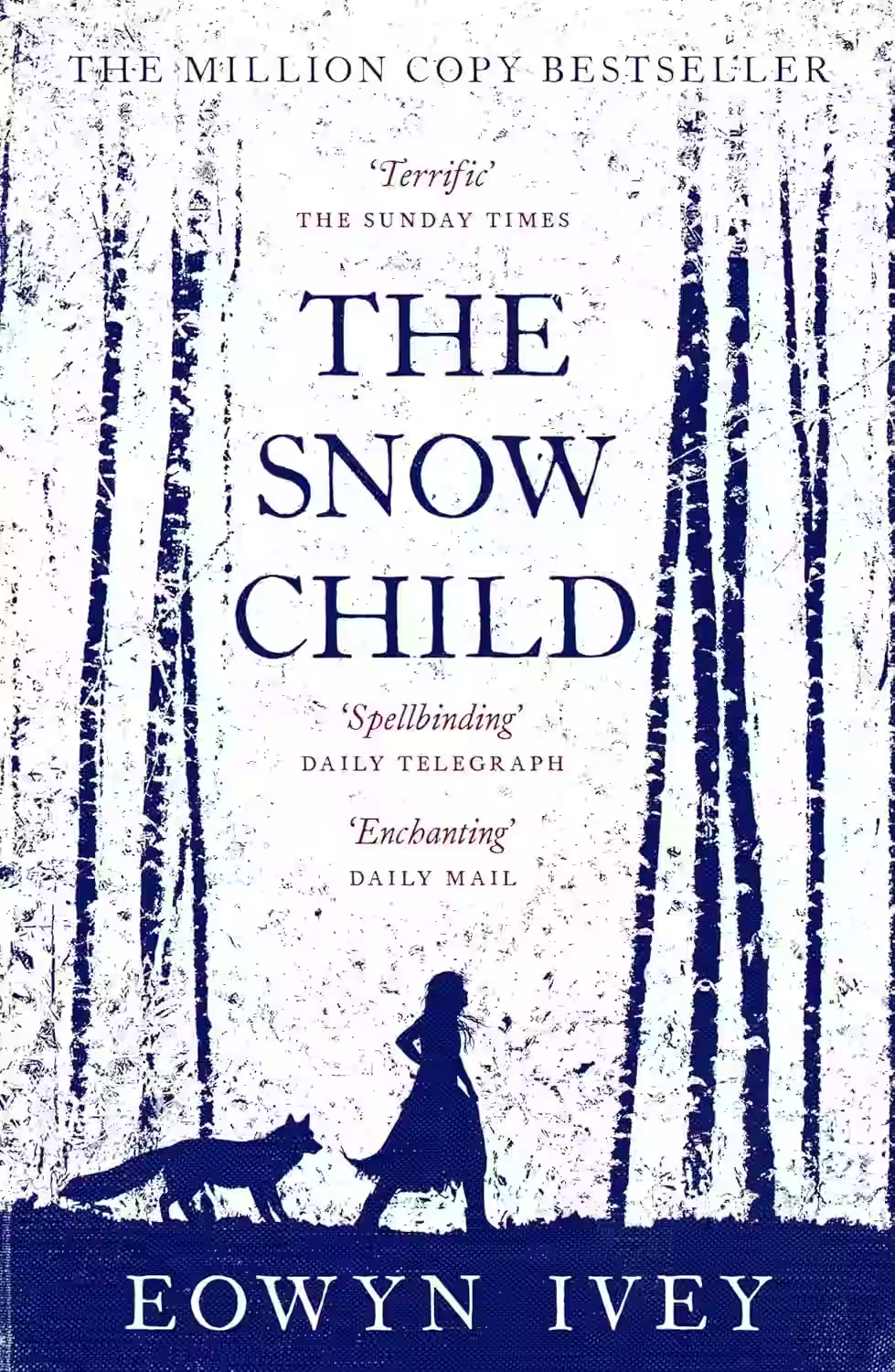
The Snow Child
by Eowyn Ivey
In Eowyn Ivey's captivating novel 'The Snow Child,' set against the rugged backdrop of 1920s Alaska, a childless couple, Jack and Mabel, create a snow sculpture of a little girl. To their astonishment, a real child emerges from the woods who bears a striking resemblance to their creation. As they come to love the enigmatic Faina, their lives are transformed by her presence, blurring the lines between fantasy and reality. The novel beautifully weaves elements of loss, hope, and the healing power of nature, exploring themes of parenthood, love, and the magic of the unknown.
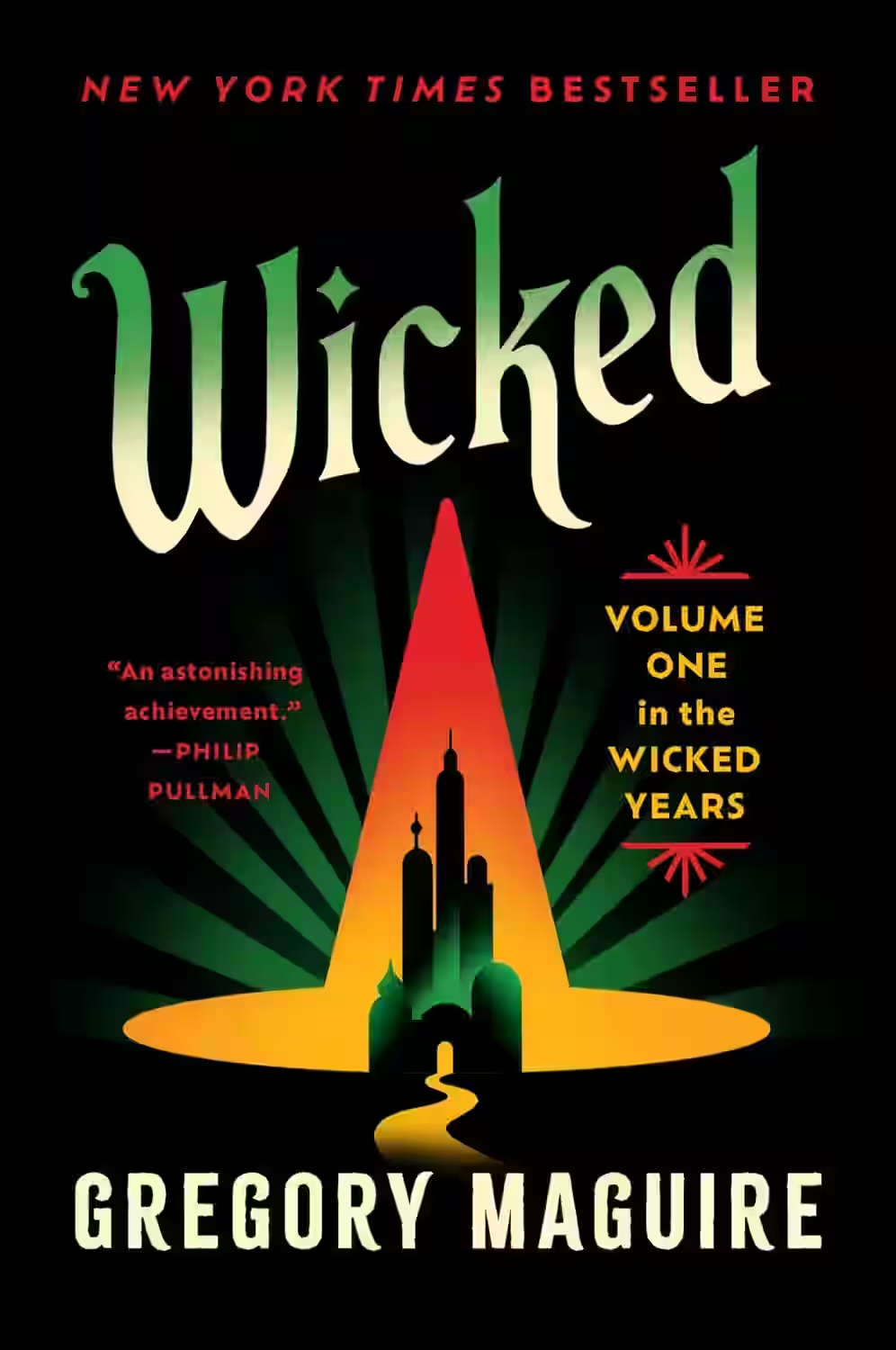
Wicked
In Gregory Maguire's novel 'Wicked', readers are transported to the magical land of Oz, but from a darker and more complex perspective. The book delves into the backstory of the Wicked Witch of the West, Elphaba, exploring themes of power, prejudice, and the nature of good and evil. Maguire's vivid storytelling weaves a tale of political intrigue, friendship, and self-discovery, offering a fresh take on a beloved classic. As we follow Elphaba's journey from misunderstood outcast to iconic villain, we are forced to question our assumptions about morality and empathy. 'Wicked' is a compelling and thought-provoking exploration of the complexities of human nature.
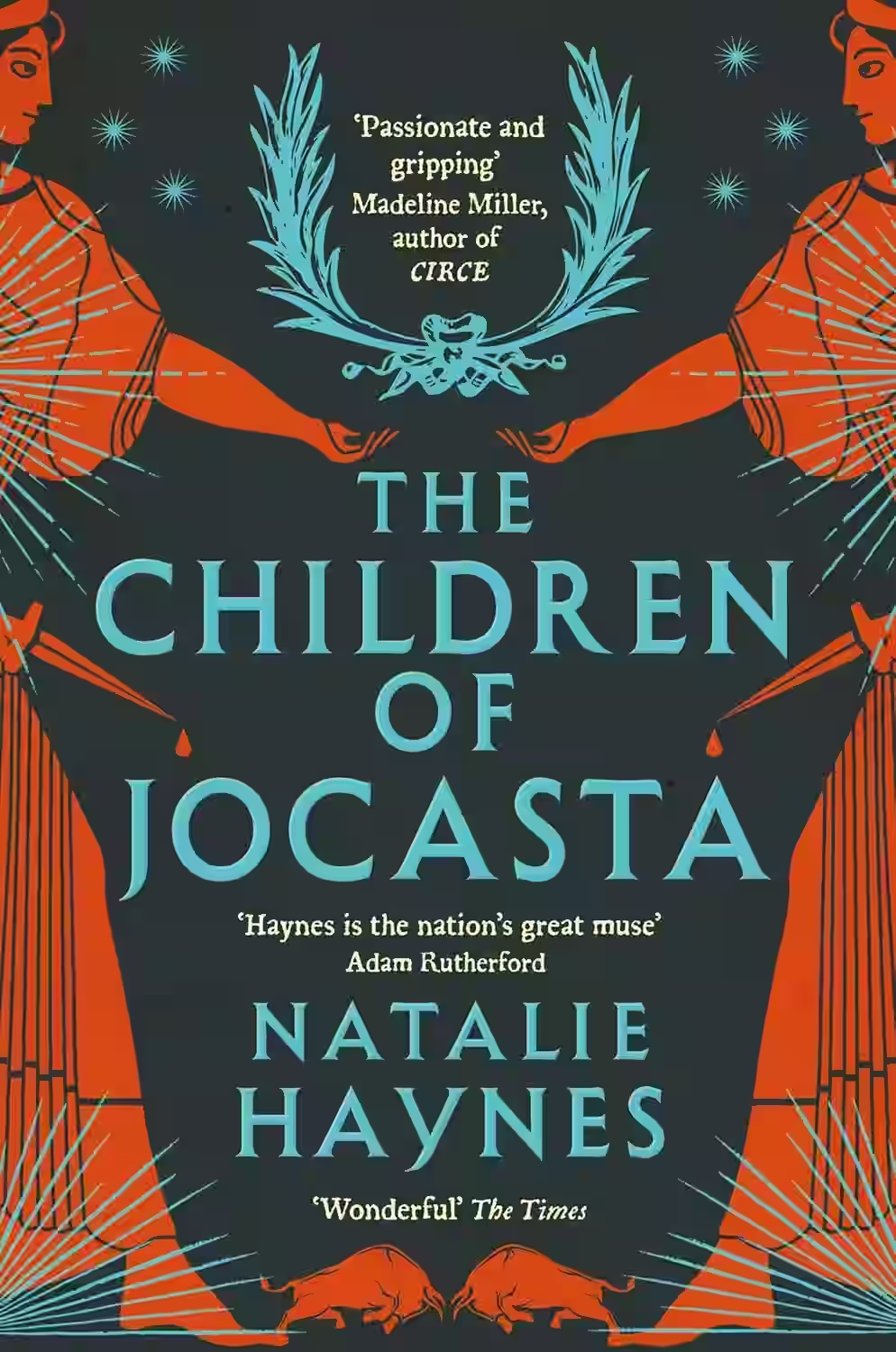
The Children of Jocasta
In 'The Children of Jocasta', Natalie Haynes masterfully reimagines the classic tales of Oedipus and Antigone from a fresh perspective—a lens that brings women’s voices, often muted in Ancient Greek mythologies, to the forefront. This novel weaves the parallel stories of Jocasta and her daughter Ismene, offering a nuanced exploration of love, power, and choice amid the backdrop of a cursed lineage. Jocasta’s quiet strength and Ismene’s unyielding resilience breathe new life into familiar tales, while Haynes’s elegant prose enriches the narrative’s emotional depth. Engaging with timeless themes of fate and identity, this reinterpretation compels readers to reexamine the silenced stories within classical works and appreciate their enduring relevance.
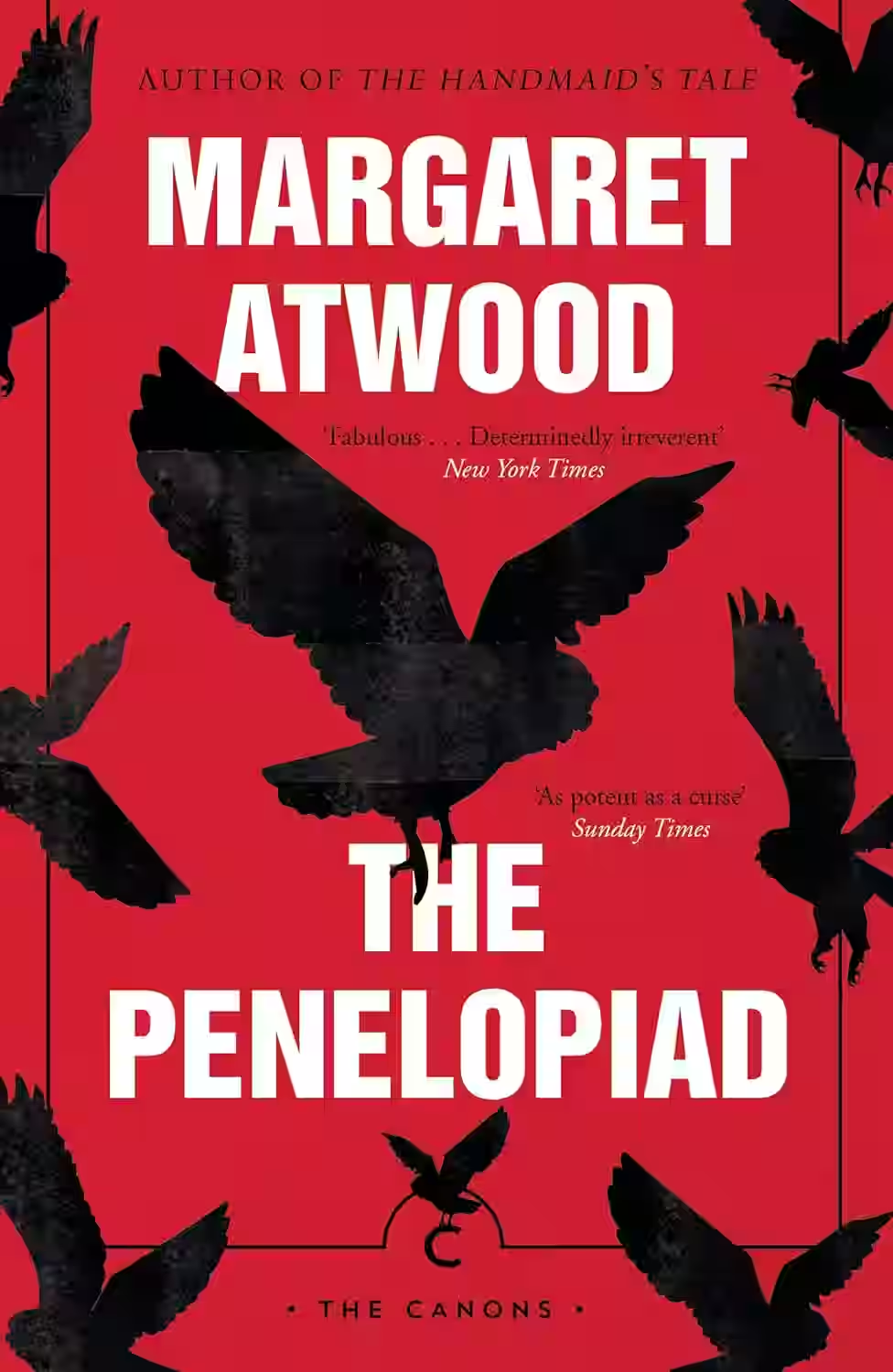
The Penelopiad
Margaret Atwood's "The Penelopiad" offers a fresh perspective on Homer's legendary narrative by retelling 'The Odyssey' from Penelope's viewpoint. The novella paints a vivid portrayal of Odysseus' wife, Penelope, as she waits for his return while ruling Ithaca and dealing with suitors vying for her hand. Atwood interlaces Penelope’s narrative with a chorus of her twelve maids, offering a critique of historical injustice and the silencing of female voices. Through wit and poetic prose, Atwood explores themes of power, loyalty, and the complexities of female identity. This narrative reimagining sheds light on ancient myth, gifting readers with a story that is both timeless and eerily relevant to contemporary issues of feminism and justice.
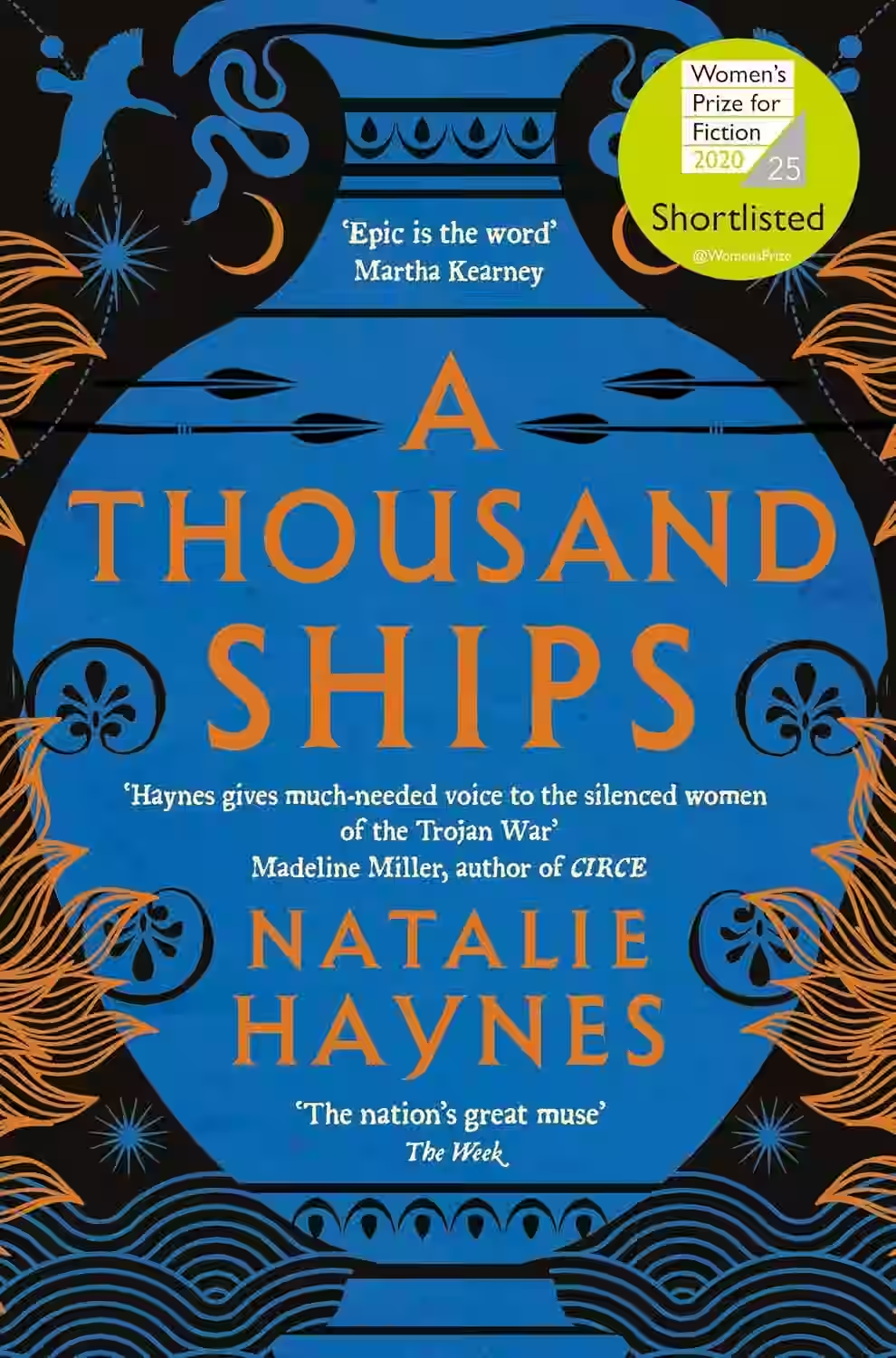
A Thousand Ships
Natalie Haynes' 'A Thousand Ships' is a masterful retelling of the Trojan War, as narrated from the overlooked perspectives of women. Embedding the stories of queens, warriors, and survivors, Haynes gives voice to characters such as Hecuba, Cassandra, and Penelope, shedding light on their trials and triumphs. The novel skillfully weaves various mythological strands, delivering a poignant exploration of grief, resilience, and the enduring power of storytelling. Haynes' sharp, empathetic prose reinvigorates ancient myths, illustrating the timelessness of their themes. 'A Thousand Ships' is both an evocative homage to the epic tradition and a powerful feminist reimagining, offering a resonant message about who gets to be heard in history.
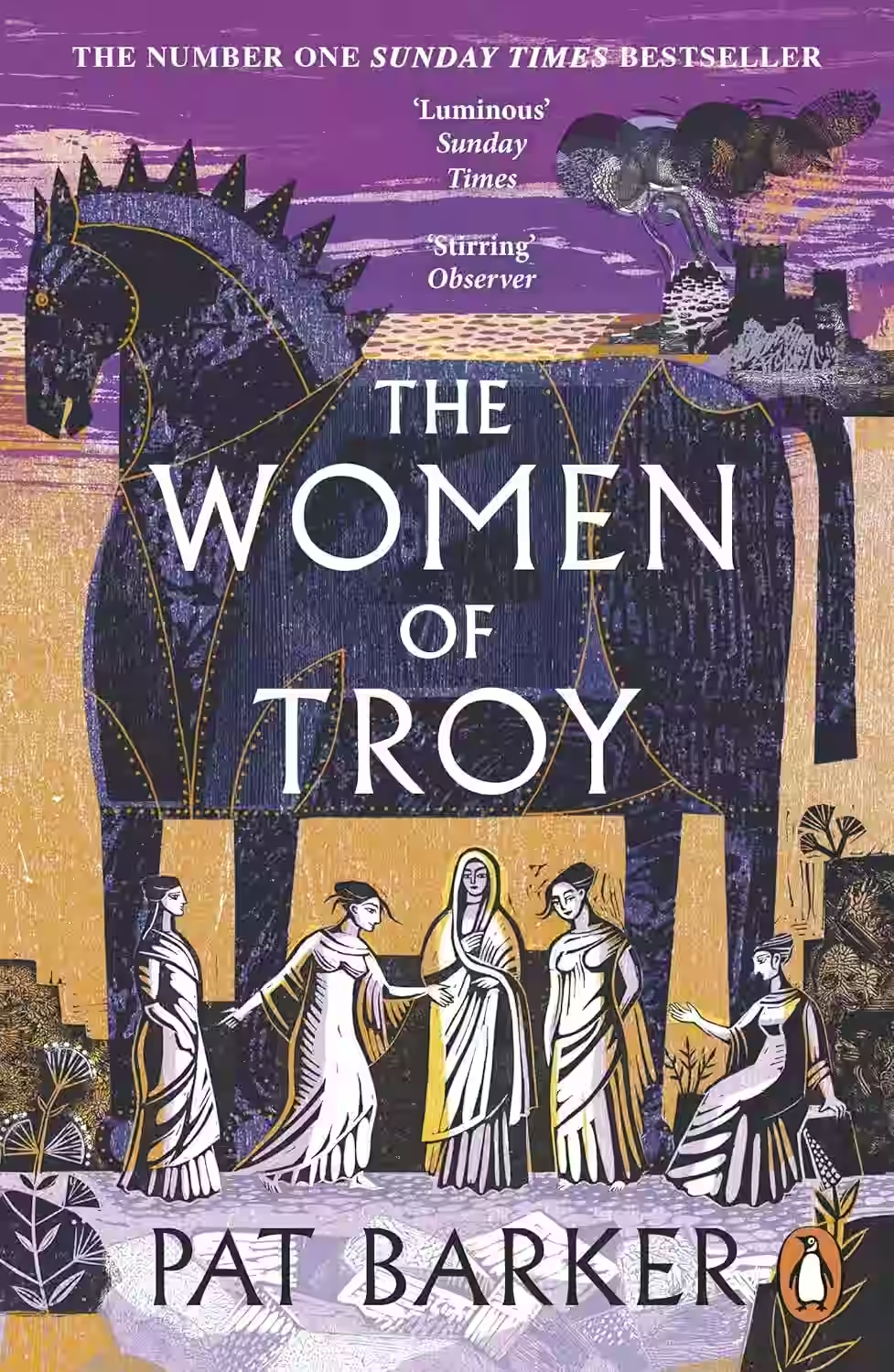
The Women of Troy
by Pat Barker
Series: The Women of Troy (#2)
In 'The Women of Troy,' Pat Barker continues her exploration of the classical Greek narratives, picking up where 'The Silence of the Girls' left off. The novel immerses readers into the devastating aftermath of the Trojan War, focusing on the women who endure the grim realities of powerlessness and enslavement. Key figures such as Briseis, once a queen and now a trophy of war, navigate a precarious landscape of loyalty and survival. Barker adeptly weaves a tapestry of grief, resilience, and unity among these women, painting a vivid picture of historical misogyny reframed through a contemporary lens. Her portrayal underscores an enduring struggle against silencing and subjugation, delivering a poignant commentary on the timeless nature of female resilience. With her elegant prose and insightful character development, Barker captures the complex emotions and stark realities faced by women in wartime, making this a compelling read that blends myth with the rawness of human experience.